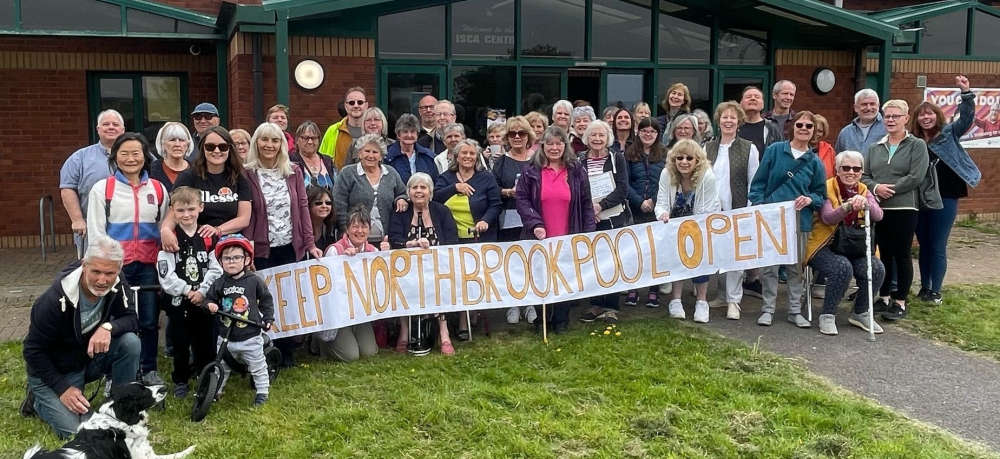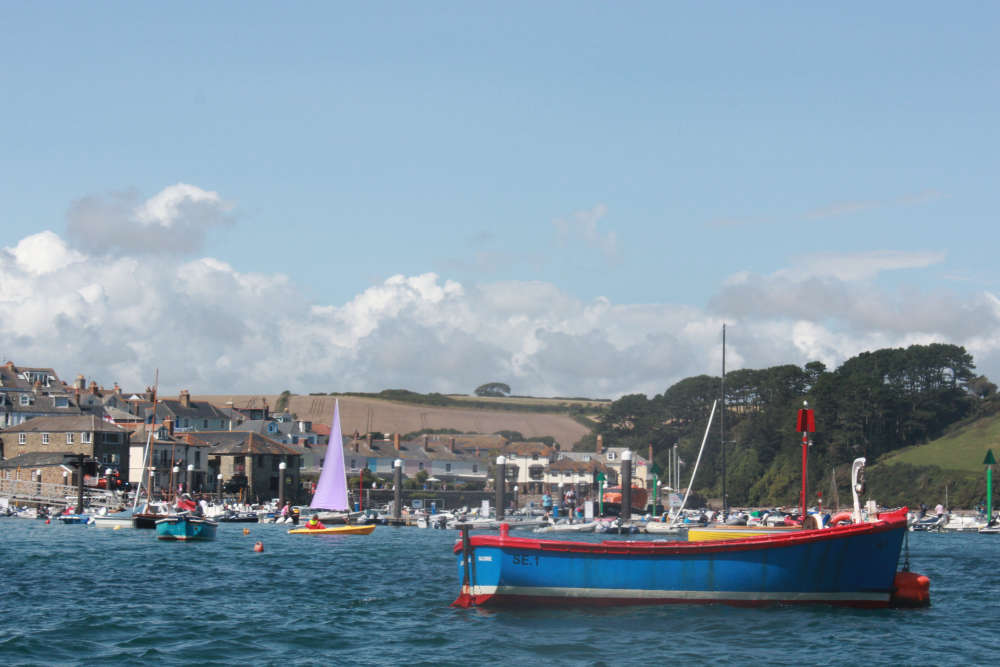
Parts of gardens will make way for road widening
Compulsory purchase orders (CPOs) will be “a last resort” to ensure a £46 million road improvement scheme to reduce congestion on the edge of Plymouth can go ahead in the next two years.
Plymouth City Council’s cabinet has approved final land requirements for the Woolwell to The George plan which aims to address one of the worst bottlenecks for travellers in the city.
They have approved compulsory purchase orders to secure the remainder of the 32 parcels of land needed to make Tavistock Road (A386) a dual carriageway.
But they added that “negotiation” to acquire land including private gardens and businesses, is the preferred choice.
Plans to tackle traffic issues have been on the cards for more than four decades. Some 30,000 vehicles a day use this section of Tavistock Road, with congestion at peak times.
The Woolwell roundabout will be replaced with a signalled junction, and a new junction will be created at Woolwell Crescent. Phase one is due to start this year.
Plymouth councillors say the scheme will improve the reliability of bus services and create better links to and from the north of the city where 2,000 new homes known as the Woolwell Urban Extension are due to be built.
There will also be new cycle paths, wider footpaths and safer crossing points.
The councillor responsible for transport, Mark Coker (Lab, Devonport), said cabinet members needed to be sure that benefits of the scheme outweighed the interference with land not owned by the council, and that compulsory purchase orders are justified.
Some people have objected to the CPO since it was approved “in principle” in November 2021. As a result, four affected properties have been removed from the plans and land at further 21 properties amended.
Cllr Coker said the benefits to drivers, local businesses, bus passengers, pedestrians and cyclists from the scheme would be “huge”.
He continued: “This has been a pinch point on our network for some considerably time with people experiencing frustrating hold ups and delays.
“But I want to reach agreement with affected landowners through negotiation. CPO is last resort. Any decision to acquire third party land is not an easy one, and has to be taken with careful consideration.
“I am fully aware that this scheme has direct impact on resident bordering the scheme who just want to get on with their lives.”
The scheme was awarded £5 million from the Department for Transport’s Transforming Cities Fund and £20 million from the government’s Levelling Up Fund to tackle congestion and improve public transport on one of Plymouth’s busiest roads.
It will be split into three phases.
Phase 1 includes walking and cycling improvements on Woolwell Road, new cycling facilities on Tavistock Road (north of Woolwell Roundabout) and a new signalised junction where Woolwell Crescent meets Tavistock Road.
Phase 2 will replace Woolwell Roundabout with a signalised junction, widen Tavistock Road and improve walking and cycling facilities.
Phase 3 involves the expansion of the George Park and Ride to a further 300 to 500 spaces.
Cabinet members also agreed to make ‘side road orders’ to allow alterations to the road and private access to affected land and an additional £4 million to provide certainty for the project on top of £33 million already allocated.
A further £2 million will come from the Integrated Transport Block (ITB) Grant and another £2 million from Section 106 funds collected from developers.
 Fire destroys two part-built houses on new development
Fire destroys two part-built houses on new development
 Devon man to run round mainland Britain
Devon man to run round mainland Britain
 Decision on Exeter swimming pool due this week
Decision on Exeter swimming pool due this week
 South Hams tourism down, but average spending up
South Hams tourism down, but average spending up
 More East Devon council workers leaving
More East Devon council workers leaving
 Dartington pool expected to reopen
Dartington pool expected to reopen
